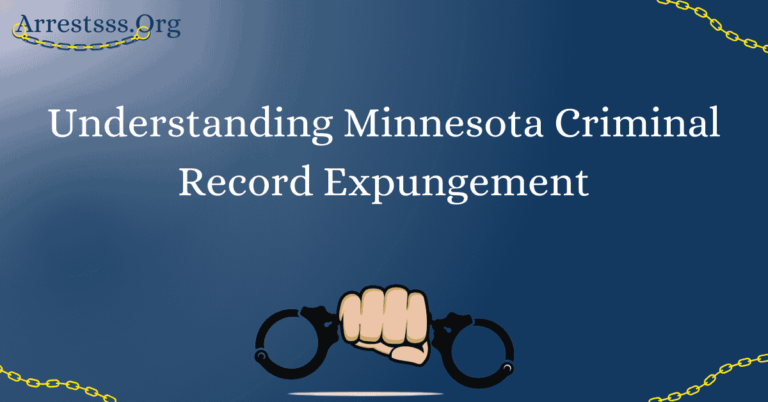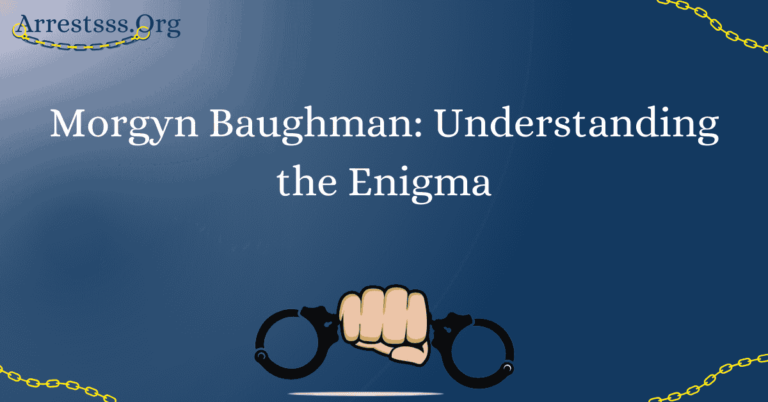West Virginia DUI Laws Overview

When it comes to West Virginia DUI laws, it’s crucial to have a comprehensive understanding of the regulations and penalties associated with driving under the influence. DUI, or Driving Under the Influence, is a serious offense that can have severe consequences for individuals caught violating these laws. In this article, we will delve into the intricacies of West Virginia’s DUI laws and penalties, ensuring that you are well-informed about what you need to know.
Diving Deeper: West Virginia DUI Laws Explained
In this section, we will explore the key aspects of West Virginia’s DUI laws and their associated penalties, helping you navigate the legal landscape with confidence.
Blood Alcohol Concentration (BAC) Limits
In West Virginia, as in most states, DUI offenses are often determined by an individual’s Blood Alcohol Concentration (BAC) levels. The legal limit for BAC is typically set at 0.08% for adults operating regular vehicles. However, it’s essential to note that lower BAC limits may apply to commercial drivers and individuals under the legal drinking age of 21. Driving with a BAC above the legal limit constitutes a DUI offense and can result in various penalties.
First-Time DUI Offenses
For first-time DUI offenders in West Virginia, the consequences can be severe. If convicted, individuals may face fines, license suspension, mandatory participation in the Alcohol Test and Lock Program, and even possible jail time. Additionally, they may be required to attend a Victim Impact Panel (VIP) session and complete a safety and treatment program.
Multiple DUI Offenses
Repeat DUI offenders face increasingly severe penalties. With each subsequent conviction, the fines, license suspension durations, and potential jail time escalate. The state of West Virginia has a lookback period of ten years, meaning prior DUI convictions within this timeframe can significantly impact the penalties for a new offense.
Aggravated DUI Offenses
Certain circumstances can lead to aggravated DUI charges, which carry more severe penalties. These may include driving with a BAC significantly above the legal limit, causing injuries or fatalities while under the influence, or having a minor in the vehicle at the time of arrest.
Implied Consent Laws
West Virginia, like many other states, enforces implied consent laws. This means that by obtaining a driver’s license and operating a vehicle, individuals consent to chemical testing, such as breath or blood tests if law enforcement suspects them of driving under the influence. Refusing to undergo such testing can result in an automatic license suspension.
Underage DUI
West Virginia has a strict stance on underage drinking and driving. For drivers under the legal drinking age of 21, any detectable BAC can lead to a DUI charge. Penalties for underage DUI may include license suspension, fines, and mandatory participation in an Alcohol Test and Lock Program.
Ignition Interlock Devices (IIDs)
In many DUI cases, individuals may be required to install Ignition Interlock Devices (IIDs) in their vehicles. These devices require the driver to pass a breathalyzer test before starting the car. If alcohol is detected, the vehicle will not start. IIDs are often mandatory for multiple DUI offenders and those convicted of aggravated DUI.
FAQ’s
What is the legal BAC limit in West Virginia?
The legal Blood Alcohol Concentration (BAC) limit in West Virginia is 0.08% for most adult drivers. However, lower limits apply to commercial drivers and individuals under the age of 21.
How long does a DUI conviction stay on my record in West Virginia?
In West Virginia, a DUI conviction can stay on your record for ten years. This lookback period means that prior convictions within this timeframe can significantly impact the penalties for subsequent DUI offenses.
What are the penalties for an aggravated DUI offense in West Virginia?
Aggravated DUI offenses in West Virginia carry more severe penalties, including higher fines, longer license suspension periods, and potential jail time. These circumstances may involve driving with a significantly high BAC, causing injuries or fatalities, or having a minor in the vehicle.
Are there any alternative sentencing options for DUI offenders in West Virginia?
West Virginia may offer alternative sentencing options for DUI offenders, such as participation in the Alcohol Test and Lock Program, mandatory attendance at a Victim Impact Panel (VIP) session, and completion of safety and treatment programs as part of rehabilitation efforts.
What is an Ignition Interlock Device (IID), and when is it required for DUI offenders in West Virginia?
An Ignition Interlock Device (IID) is a breathalyzer installed in a vehicle that requires the driver to pass a breath test before starting the car. In West Virginia, IIDs are often required for multiple DUI offenders and individuals convicted of aggravated DUI offenses to ensure they do not drive under the influence.






